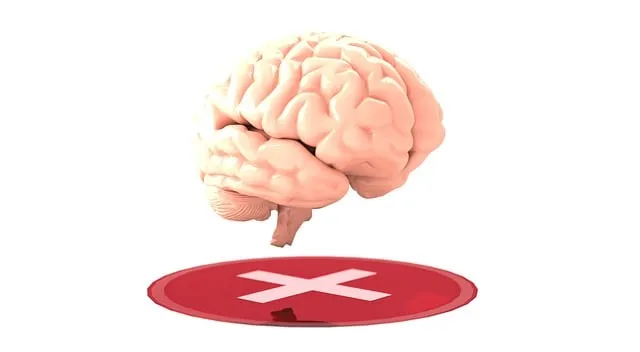Crisis Intervention Teams (CITs), comprising trained professionals like psychiatrists, psychologists, social workers, and first responders, play a crucial role in addressing acute mental health crises. With rising mental health challenges, especially among younger populations, well-trained CITs make a significant impact in communities like Parker, where the Kaiser Permanente mental health appointment phone number is readily accessible. Their comprehensive training includes empathy building, mental health policy advocacy, and practical exercises to manage diverse crisis scenarios effectively. Kaiser Permanente's innovative initiative in Parker offers 24/7 access to trained professionals via a dedicated phone line, integrating conflict resolution and mindfulness meditation for prompt relief and community support.
In today’s complex social landscape, effective crisis intervention teams (CITs) play a vital role in supporting individuals during emotional and psychological crises. This article explores the critical need for comprehensive CIT training programs, focusing on key components that foster successful interventions. We delve into Kaiser Permanente’s innovative approach, highlighting their mental health appointment phone number strategy as a game-changer in community support, particularly in Parker, Colorado. Understanding CITs and their training is essential to building resilient communities.
- Understanding Crisis Intervention Teams: Their Role and Importance
- Key Components of Effective Crisis Intervention Team Training Programs
- Kaiser Permanente's Approach: Mental Health Appointment Phone Number as a Strategy for Support
Understanding Crisis Intervention Teams: Their Role and Importance

Crisis Intervention Teams (CITs) play a pivotal role in addressing acute mental health crises, offering immediate support and de-escalation strategies. These specialized teams typically consist of trained professionals from various disciplines, such as psychiatrists, psychologists, social workers, and first responders, who collaborate to provide effective interventions. The primary goal of CITs is to prevent escalation and reduce harm during crisis situations, ensuring individuals receive the necessary care while minimizing disruption to their lives.
In today’s fast-paced and demanding world, the role of CITs has become increasingly critical. With mental health challenges on the rise, especially among younger populations, having well-trained CITs can make a substantial difference in communities like Parker, where access to Kaiser Permanente mental health appointment phone numbers is readily available. Effective crisis intervention not only supports individuals during acute episodes but also fosters long-term mental wellness and stress reduction methods. Moreover, these teams contribute to robust risk management planning for mental health professionals by providing practical strategies to handle diverse and complex crises in a timely manner.
Key Components of Effective Crisis Intervention Team Training Programs

Effective crisis intervention team (CIT) training programs are multifaceted, aiming to equip participants with essential skills to manage and de-escalate critical situations. These programs often include a blend of theoretical knowledge and practical exercises, ensuring that teams can provide prompt and compassionate support during mental health crises. A key component is Empathy Building Strategies, fostering an environment where team members can connect and understand individuals facing severe distress effectively.
Another vital aspect is the integration of Mental Health Policy Analysis and Advocacy within CIT training. By understanding the broader context of mental healthcare systems, including resources like the Kaiser Permanente mental health appointment phone number Parker, teams can advocate for appropriate care and services. This comprehensive approach, combining practical crisis intervention techniques with policy awareness, prepares CIT members to handle diverse scenarios, ensuring a more responsive and effective support system for individuals in need.
Kaiser Permanente's Approach: Mental Health Appointment Phone Number as a Strategy for Support

At Kaiser Permanente, a leading healthcare provider, they’ve implemented an innovative strategy to offer immediate support during crises. Their approach involves providing a dedicated mental health appointment phone number accessible in Parker and other areas served by Kaiser. This simple yet powerful tool allows individuals in distress to connect directly with mental health professionals who can guide them through the crisis.
By training team members in conflict resolution techniques and mindfulness meditation, Kaiser Permanente ensures that support is readily available 24/7. The phone line serves as a central hub for managing moods and providing immediate relief. This proactive measure not only reduces the burden on emergency services but also fosters a culture of care and well-being within the community, addressing mental health concerns promptly and effectively.
Crisis intervention team (CIT) training programs play a vital role in equipping healthcare professionals with the skills to navigate and de-escalate challenging situations. By integrating strategies like Kaiser Permanente’s mental health appointment phone number, these programs enhance community support systems. The key components of effective CIT training, as outlined, include comprehensive education, realistic simulations, and ongoing evaluation, all of which contribute to improved crisis management. In Parker and beyond, such initiatives ensure that healthcare providers are better equipped to offer immediate assistance, potentially saving lives and fostering healthier communities.






